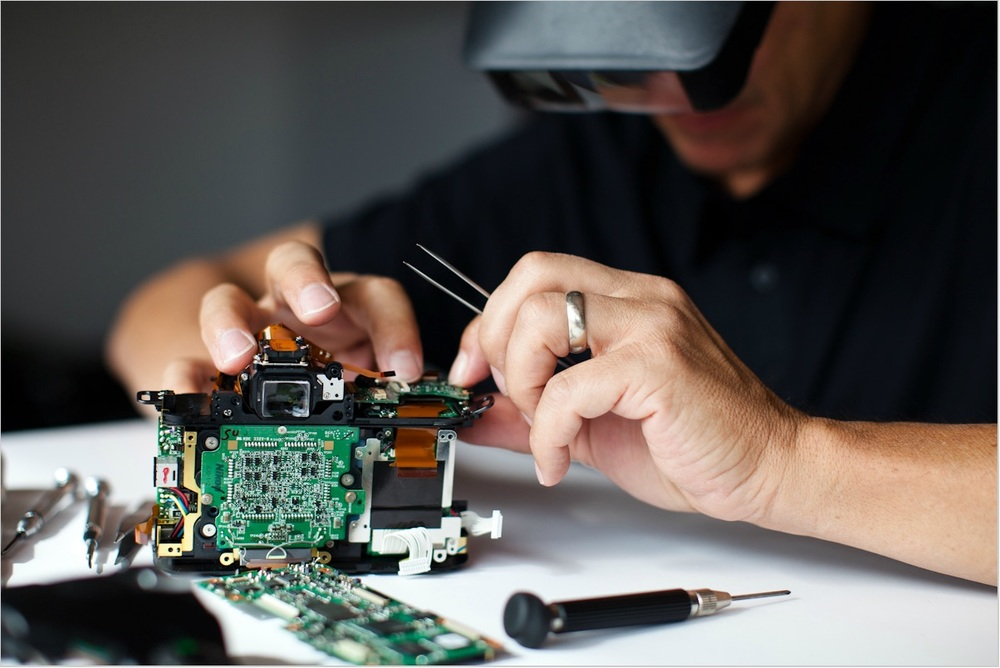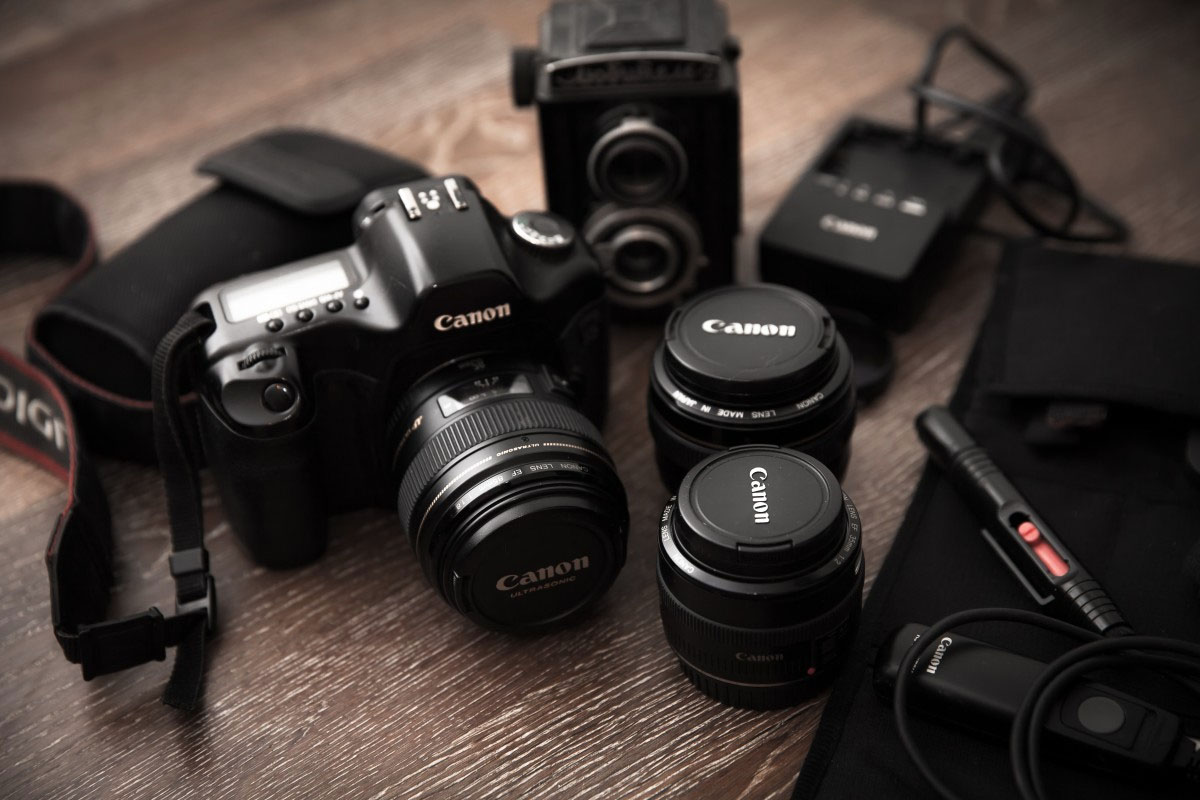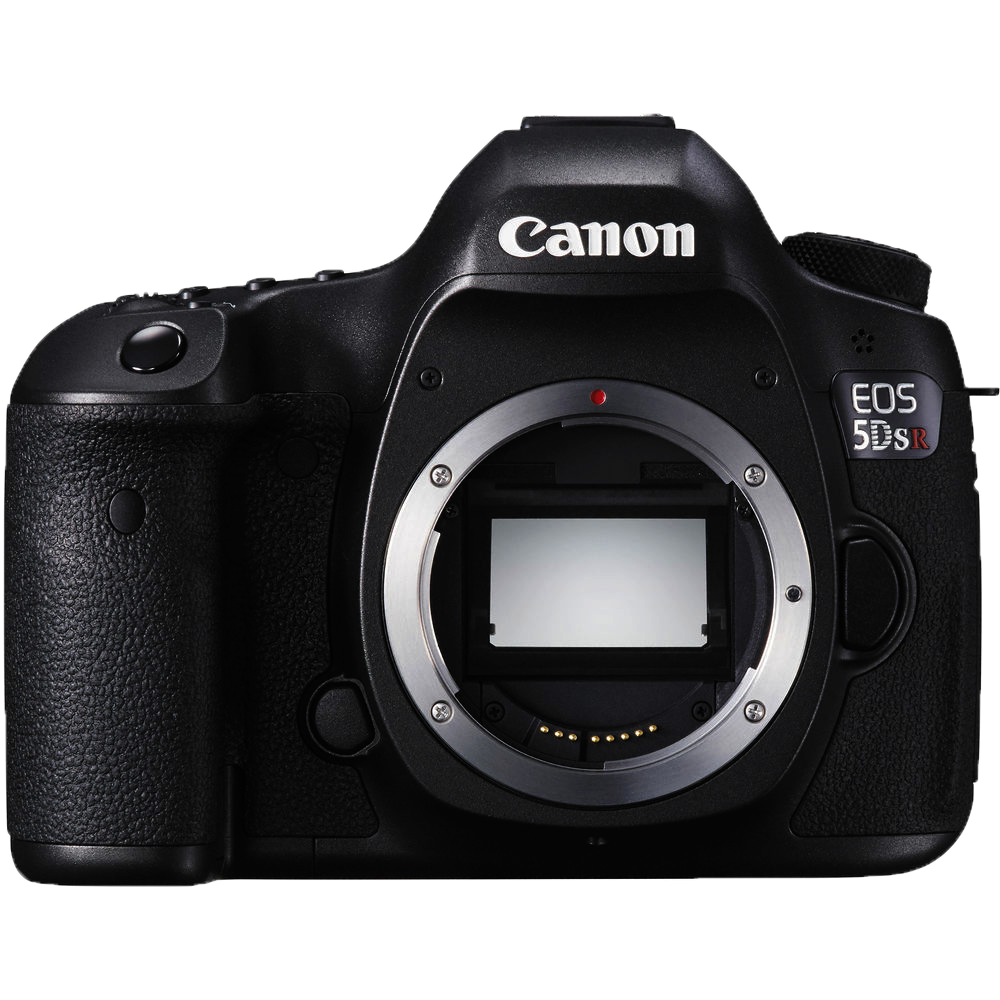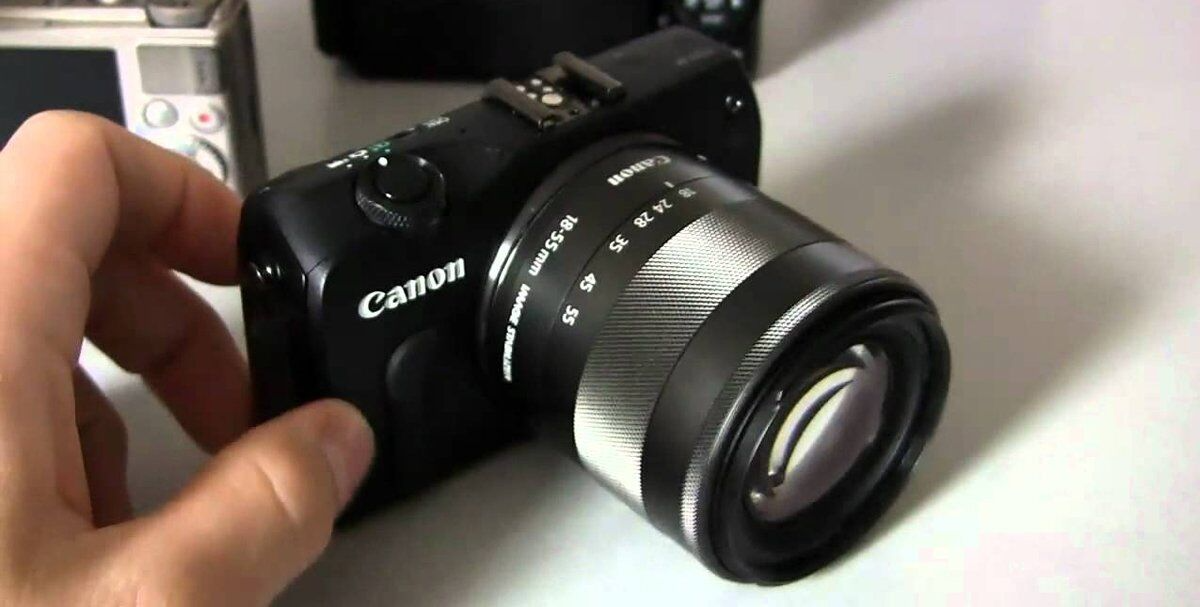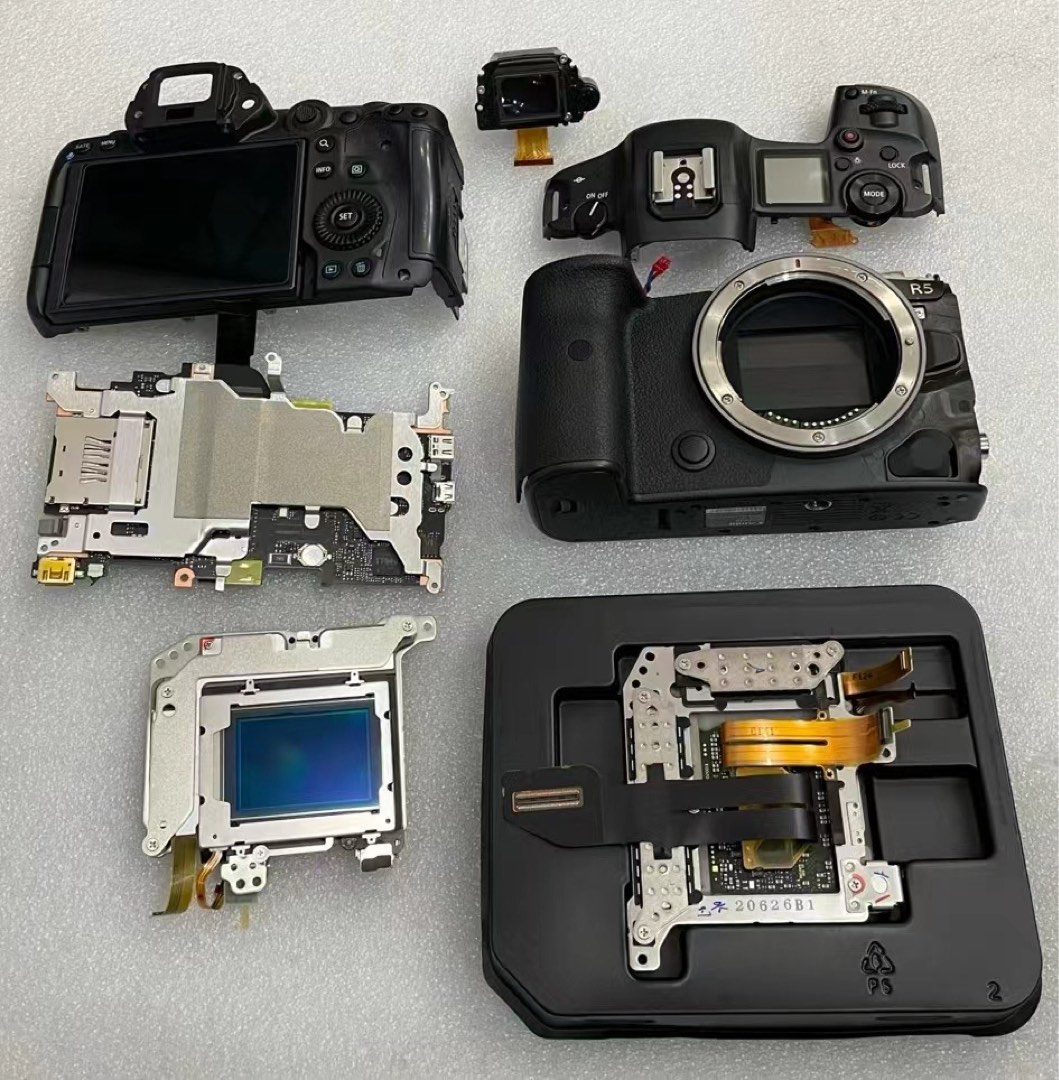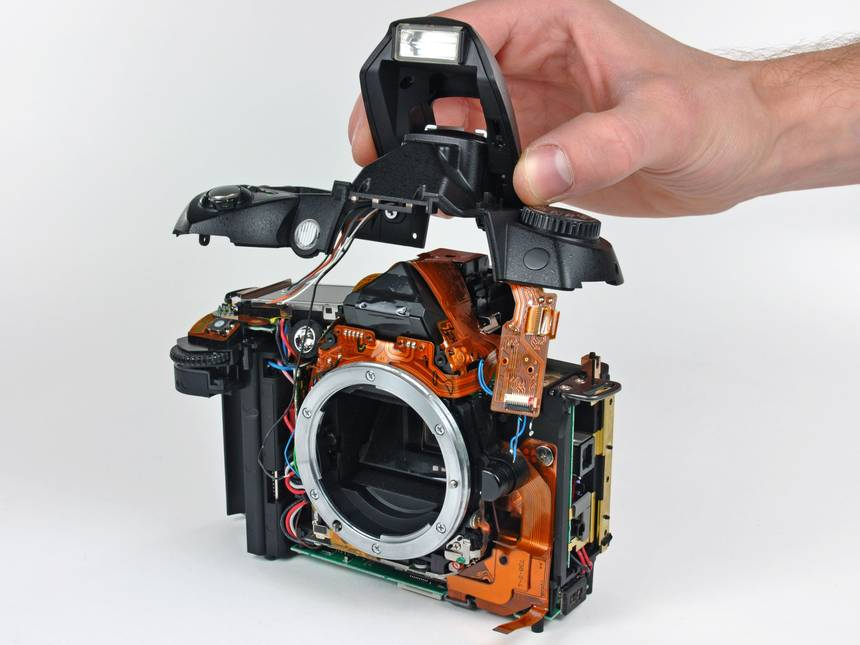For photographers of all levels, a Canon camera is a significant investment and a trusted companion. When technical issues arise, finding reliable repair services is essential to getting your gear back in working order. This article offers guidance on locating Canon camera repair services nearby and tips for ensuring your camera gets the best care.
Steps to Find Reputable Canon Camera Repair Services
Finding a reliable repair facility for your Canon camera requires a bit of research and due diligence to make sure your equipment is in capable hands.
Starting with Canon’s Official Resources
The first port of call should be Canon’s official customer service and support channels. Canon typically maintains a list of authorized repair centers that you can access by visiting their website. These centers use genuine Canon parts and are staffed by technicians who are specifically trained to repair Canon products. You can often search for service centers by zip code or city.
Searching Online for Local Repair Shops
If there are no official Canon repair centers nearby, or if you prefer a more local option, online searches can be invaluable. Use search terms such as “Canon camera repair near me” or “Canon service center [Your City].” Look at the reviews and ratings provided by other customers to get a sense of the shop’s reputation and quality of service.
Photography Forums and Communities
Photography forums and online communities are excellent resources for finding repair shop recommendations. Experienced photographers often share their insights and can offer personal anecdotes about the service they received at various repair shops. Websites like DPReview or photography subreddits might have threads discussing repair services in your area.
Checking Local Camera Stores
Local camera stores often have partnerships with repair technicians and may either offer in-house repair services or be able to recommend reputable third-party repair shops. Visiting these stores can also provide the added benefit of personal interaction, allowing you to ask questions and gauge their expertise directly.
Word of Mouth and Professional Recommendations
Don’t underestimate the value of word-of-mouth recommendations. Ask fellow photographers, professional contacts, or photography instructors for suggestions. They may know of trusted technicians who specialize in repairing Canon cameras.
Key Considerations When Choosing a Repair Shop
Choosing the right repair shop is not just about finding the closest option; certain factors should influence your decision.
Warranty and Guarantee Policies
Inquire about the warranty or guarantee policies of the repair work. An established repair shop should offer some form of a warranty on the services performed.
Turnaround Time and Cost Estimates
Ask about the estimated turnaround time for repairs and request a cost estimate upfront. Some shops offer expedited services for an additional fee if you need your camera back in a hurry.
Experience with Your Specific Camera Model
Ensure that the repair shop has experience with your particular Canon camera model. Camera repair can be highly specific, and familiarity with your model will likely lead to better service quality.
Locating the right Canon camera repair shop involves a mix of using official resources, online searches, community insights, and local expertise. By taking the time to research and select a reputable repair service, you ensure that your Canon camera will be well cared for and returned to you in optimal working condition. Always consider the shop’s warranty policies, cost, turnaround time, and specific experience with your camera model before making your final decision.
Preparing Your Camera for Repair
Before handing your camera over for repair, there are several steps you should take to ensure the process goes smoothly and your equipment is protected.
Backing Up Your Data
Always remove the memory card and back up your photos and videos. This not only safeguards your data but also ensures privacy during the repair process.
Cleaning Your Camera
Give your camera a basic cleaning to remove any dust or debris. A clean camera can help the technician more easily identify issues without obstruction from accumulated grime.
Describing the Problem Accurately
When you take your camera in for repair, be prepared to describe the problem in as much detail as possible. Accurate descriptions can help the technician diagnose the issue more quickly and effectively.
After Service: Ensuring Quality Repair
Once your Canon camera has been serviced, ensuring the quality of the repair is just as crucial as the initial fix. After all, the goal is to have your camera functioning as good as new, if not better. To do this, you must take proactive steps to verify the workmanship and maintain the condition of your camera post-repair. Here’s how to ensure that the repair service provided is of high quality and that any fixes will stand the test of time.
Verifying the Quality of the Camera Repair
After collecting your camera from the repair shop, it’s essential to verify the repair quality before you consider the job done.
Conduct a Comprehensive Function Check
Test all functions of your camera thoroughly upon its return. This means checking the autofocus, shutter speed, image stabilization, and any other features that are integral to its operation. It’s essential to do this as soon as possible, while you are still within the window to report any issues post-repair.
Take Sample Photographs
Take a series of test shots in various conditions to ensure that the image quality meets your expectations and that all camera functions are performing correctly. Look for any abnormalities in the images that might indicate lingering or new issues.
Review the Repair Documentation
A reputable repair service will provide detailed documentation of the work carried out. Review this paperwork to understand what was done and check if any parts were replaced. This information can be valuable for future reference and warranty purposes.
Post-Service Care and Maintenance
After verifying the repair’s quality, it’s important to take care of your Canon camera to prevent future issues and to preserve its restored condition.
Follow the Technician’s Advice
The repair technician may have given you specific advice on how to take care of your camera after the service. This can include instructions on cleaning, storage, or handling. Following this advice can prevent new issues and ensure the longevity of the repair.
Regular Cleaning and Maintenance
Continue to regularly clean and maintain your camera, keeping the lens, sensor, and body free from dust and debris. Proper maintenance can significantly reduce the likelihood of needing further repairs in the future.
Monitor Camera Performance Over Time
In the weeks and months following the repair, keep an eye on your camera’s performance. If you notice any issues, it’s best to address them promptly while they may still be covered under the repair service’s warranty.
Warranty and Follow-Up Services
Understanding the warranty and follow-up services provided by the repair shop is important in case any issues arise after the repair.
Clarify Warranty Coverage
Make sure you are clear on what the repair warranty covers and for how long. This information is crucial if you encounter any problems with your camera after the repair.
Utilize Follow-Up Services If Needed
If you do experience any post-repair issues, don’t hesitate to contact the repair service for a follow-up. A reputable service provider will be more than willing to address any concerns and ensure your camera is functioning correctly.
Ensuring the quality of a camera repair is essential to the longevity and functionality of your Canon camera. By conducting a thorough function check, taking sample photographs, and reviewing the repair documentation, you can verify the workmanship of the repair service. Additionally, following the technician’s care advice, maintaining your camera, and understanding the warranty can help you manage any future issues effectively. By taking these after-service steps, you can enjoy your restored Canon camera with confidence, knowing that it’s ready to capture life’s moments again.
